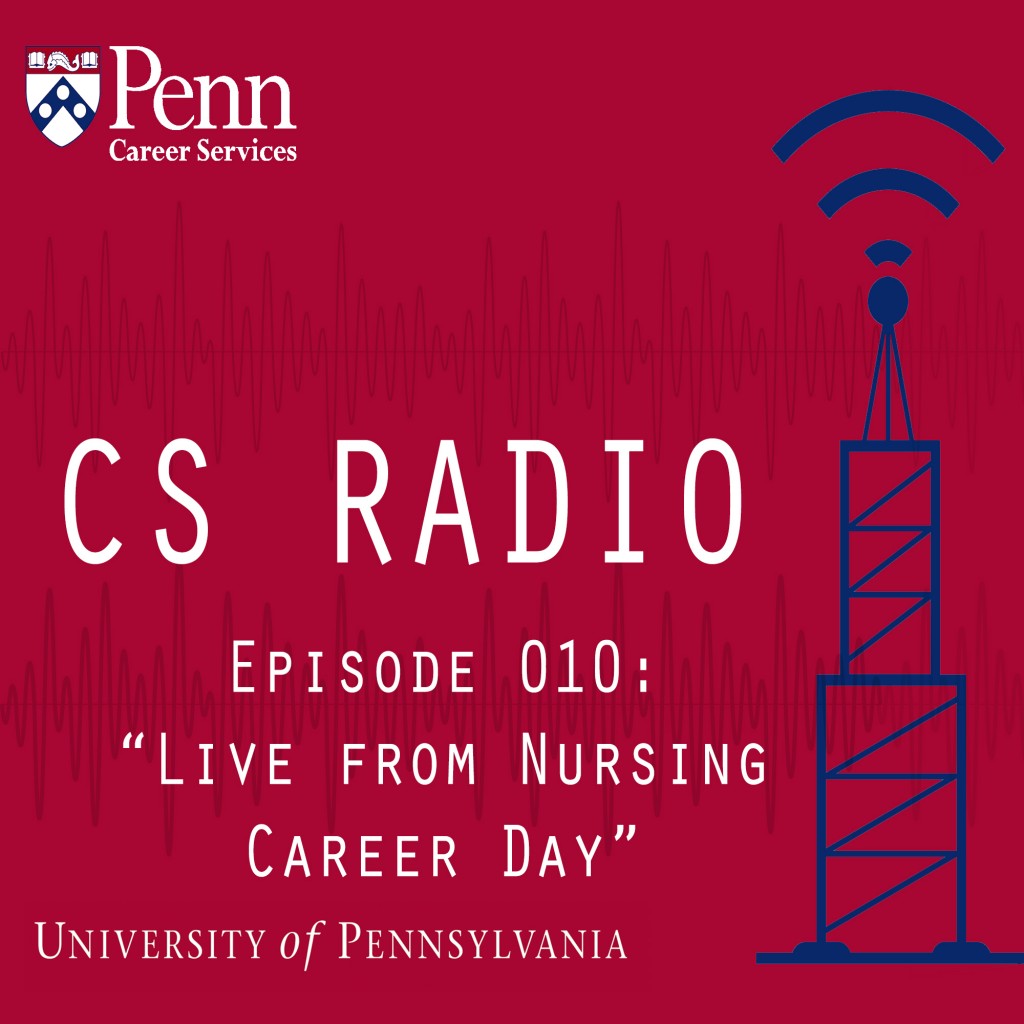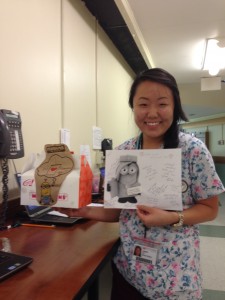By: S. David Ross, Associate Director
Difficult to believe that August is almost here and the summer will be ending before you know it. For those of you working this summer, here are some things to consider before finishing your internship:
– Take some time to assess your performance thus far. Some employers have mid-summer performance reviews as a component of their internship programs while others do not. If you have a performance review soon, be prepared to share your accomplishments and contributions. If you have completed a performance review, be sure to implement the feedback and advice on improving your performance – you can also think of ways to take initiative beyond your required duties. And if you do not have a mid-summer performance review scheduled, consider asking your supervisor for a meeting – if that is not feasible, you may want to ask for feedback on your performance to date.
– Carefully continue to cultivate and expand your network at the organization. Be careful with this – do not attempt to simply meet as many people as you can at your office. Try to connect with your colleagues and show your interest in working at the organization by developing your network. Be sincere in your outreach and thankful for the time given from by co-workers. Consider meeting someone for lunch to ask questions and learn more.
– Think about what you want to accomplish during the remainder of your internship. Are you hoping to gain experience in a certain area? Do you want to work on a special project? Do you have an idea for something new and innovative? You may have a chance to accomplish more than you think before your internship ends so brainstorm some ideas now.
– Document your progress in your internship. It can be helpful to have a detailed list outlining what you worked on during your internship so that you can craft strong accomplishment statements on your resume. Be mindful of any confidentiality and non-disclosure agreements you signed with your employer not to share any sensitive information but certainly track your projects and duties carefully to help you recall important details in the future.
– Consider who you may want to ask for references for future employment opportunities. If you already have one or more individuals in mind that is helpful. If you are not sure who to ask at this point, consider the possibilities to avoid having to track down candidates at the last minute. You do not need to ask for references during the middle of your internship but it may be a good idea to start thinking about who to ask at a later date.



